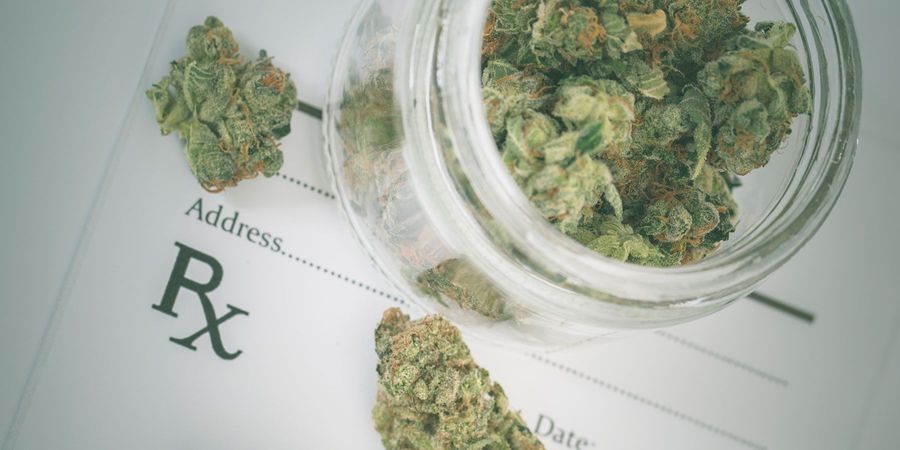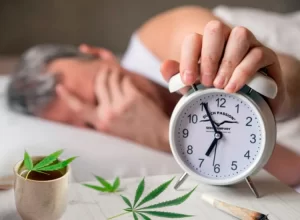Using Medical Marijuana with Antidepressants
Depression is one of the most common mental health conditions globally, affecting millions of people from all walks of life. While antidepressants remain a primary treatment option, medical marijuana has often been known to help in patients who have depression along with another one of the qualifying conditions. But what happens when the two are used together? Is it safe?
Understanding Depression and Its Treatment
Depression goes beyond just feeling sad; it can interfere with daily life, work, relationships, and overall well-being. Common symptoms include:
- Persistent low mood
- Fatigue
- Loss of interest in activities
- Appetite changes
- Sleep disturbances
- Feelings of worthlessness or hopelessness
Antidepressants like SSRIs (Selective Serotonin Reuptake Inhibitors) and SNRIs (Serotonin and Norepinephrine Reuptake Inhibitors) are typically prescribed to help rebalance brain chemicals like serotonin and norepinephrine. However, not everyone responds well to these medications, and side effects like weight gain, sexual dysfunction, or emotional blunting can be difficult for some patients.
How Medical Marijuana Might Help
Medical marijuana, particularly its active compounds CBD (cannabidiol) and THC (tetrahydrocannabinol), interacts with the body’s endocannabinoid system—a network involved in regulating mood, stress response, and sleep.
- CBD is non-intoxicating and has shown promise in reducing anxiety, improving sleep, and stabilizing mood.
- THC, in low doses, can produce feelings of euphoria and relaxation, but higher doses may lead to anxiety or mood instability in some individuals.
Some people report that medical marijuana helps them manage symptoms of depression by promoting relaxation, enhancing sleep, and reducing feelings of sadness and anxiety.
Using Medical Marijuana Alongside Antidepressants
While some patients may find have no problem using both antidepressants and medical marijuana, combining the two should be approached with caution and you should always let your medical marijuana doctor or primary care physician know during your initial visit. Here are a few things to consider:
1. Potential Drug Interactions
Both antidepressants and medical cannabis are metabolized by the liver. Combining them could potentially alter how each is processed, leading to increased side effects or reduced effectiveness. For example, using medical marijuana with SSRIs might increase drowsiness or risk of serotonin syndrome, although this is rare.
2. Individual Reactions Vary
Some people may find that medical marijuana enhances the effects of their antidepressant, while others may feel more anxious, sluggish, or emotionally numb. Effects can also vary depending on the strain, dose, and method of consumption.
3. The Importance of Medical Guidance
If you’re considering using medical marijuana with antidepressants, talk to your healthcare provider. They can help monitor your symptoms, adjust dosages if needed, and ensure there are no harmful interactions.
4. Start Slow
Be sure that after you talk to your healthcare provider that you start slow. Start with a small dosage or weaker strain to see how this affects your body. Over time, as you get more comfortable you can then start adding more to your daily use.
Things to Keep in Mind
- Start low and go slow. If you decide to try cannabis, begin with a low dose, especially if you’re already on medication.
- Avoid high-THC strains. If you’re prone to anxiety or mood swings.
- Monitor your mood. Keep a journal or use a mental health app to track changes in mood, sleep, and energy.
- Stay consistent with your prescribed medications. Don’t stop antidepressants without consulting your doctor.







